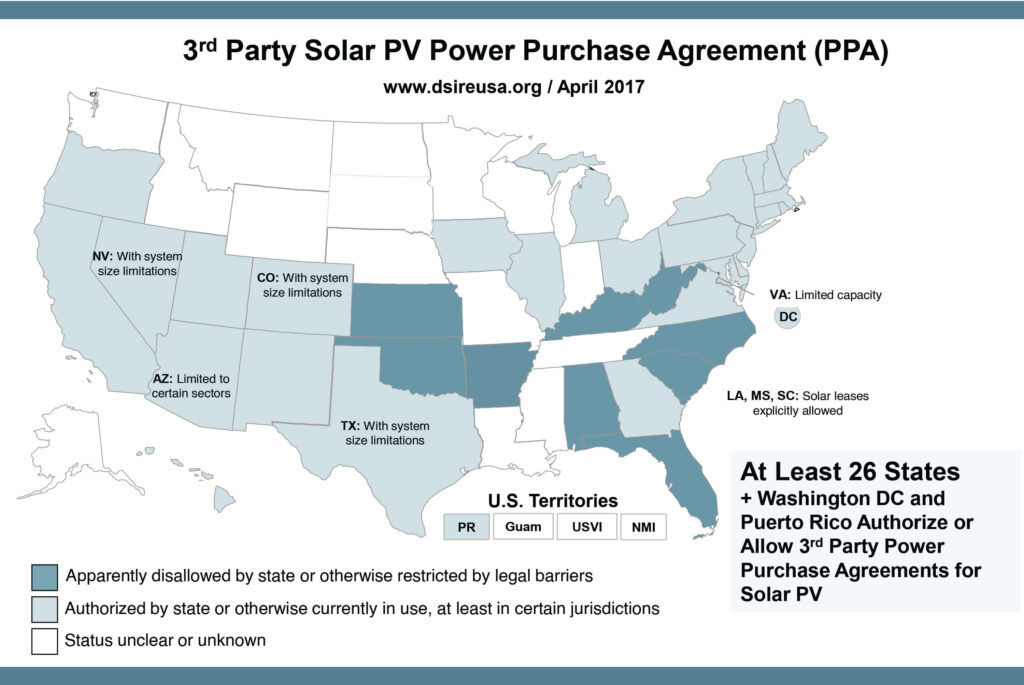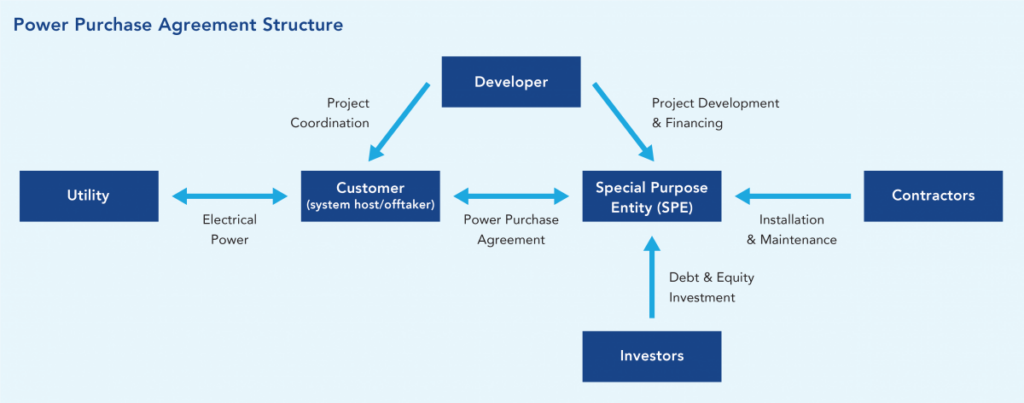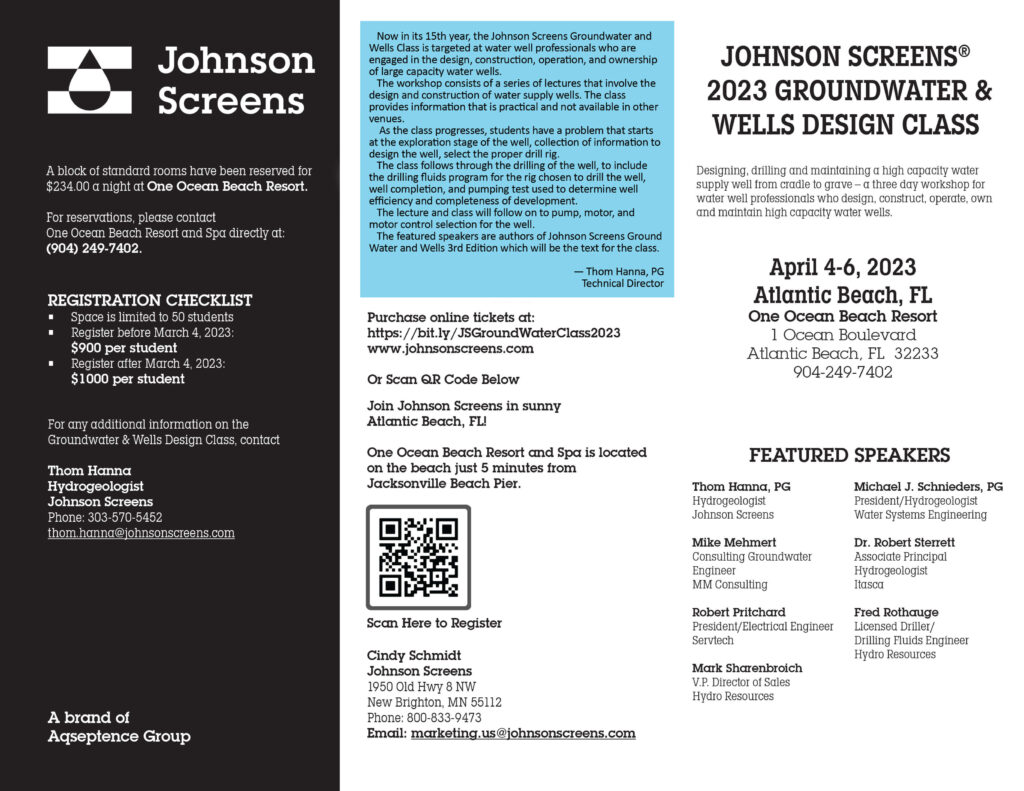
By LINA ALFIERI STERN,
MBA, MSRED,
LEED Green Associate
Power Purchase Agreements (PPAs) are large scale, long-term contracts to purchase electrical energy from private suppliers.
Currently, the State of Florida does not allow for these agreements due to public utilities’ territory monopolies, although it is possible for organizations to purchase them out of state.
PPAs are formed when producers (or future producers) of electricity come together with large buyers of electricity, e.g. industrial facilities.
Many times, the energy involved is renewable and the agreement allows for the funding of construction and installation of the energy source (e.g. solar panel farms).
Benefits to buyers include stability of an energy source and (hopefully at) lower prices.
Producers have to navigate through a myriad of state and local regulations involving public/private utilities’ exclusive service territories and monopolies.
According to DOE’s Better Buildings website, there are at least 26 states that allow third party PPAs.

PPAs are gaining in popularity in the US and the rest of the world, and there are numerous resources available to assist organizations in learning about this energy financing option.
These include the US Department of Energy (betterbuildingssolutioncenter.energy.gov), the US Environmental Protection Agency (epa.gov), and companies like Pexapark (pexapark.com), who work internationally to implement PPAs.
Decentralized energy systems, like PPAs, should make our communities more resilient and adaptable, ensuring stable and efficient power sources for all stakeholders.●
Types of PPAs
To find out the types of Power Purchase Agreements and why each PPA might be used, go to powermag.com.








































